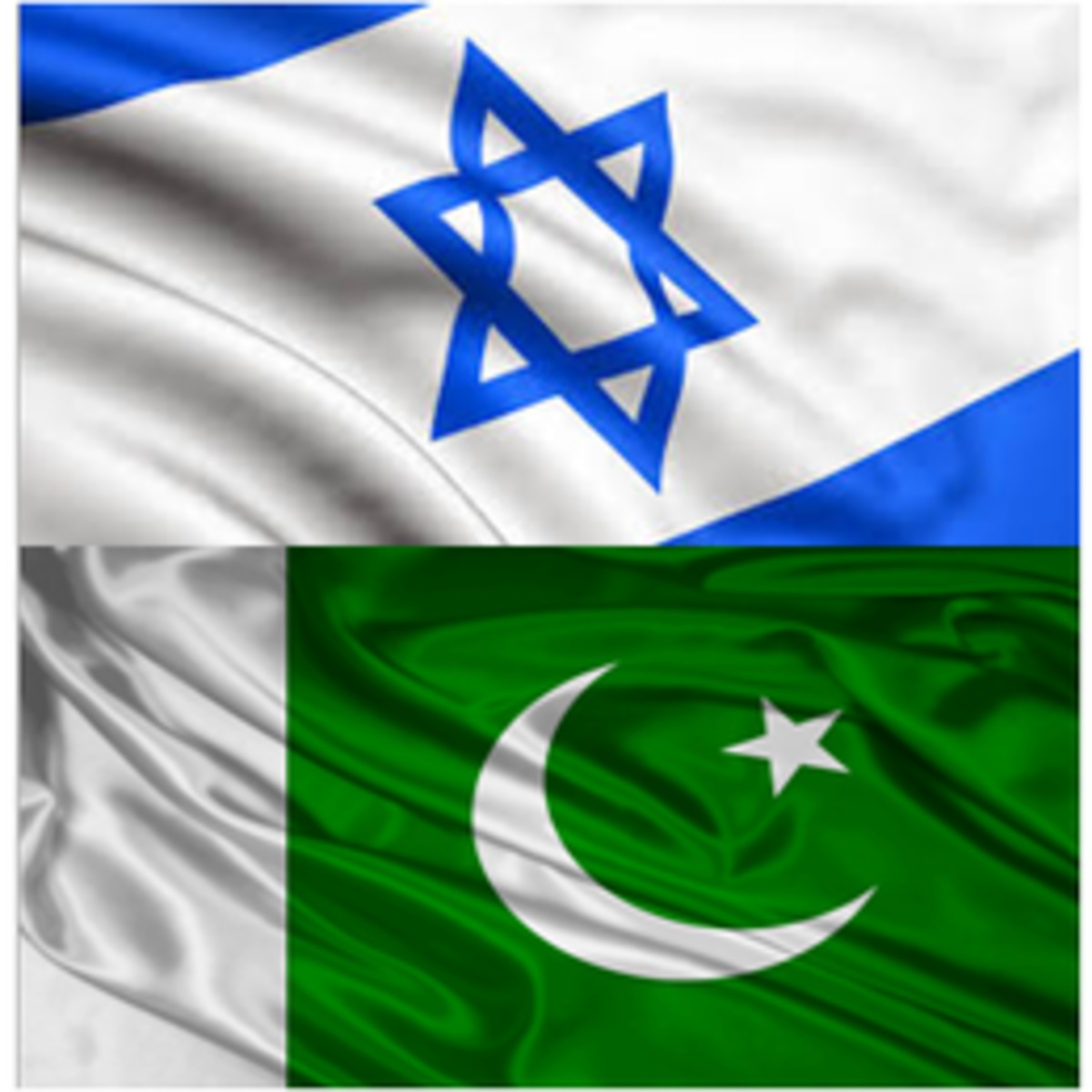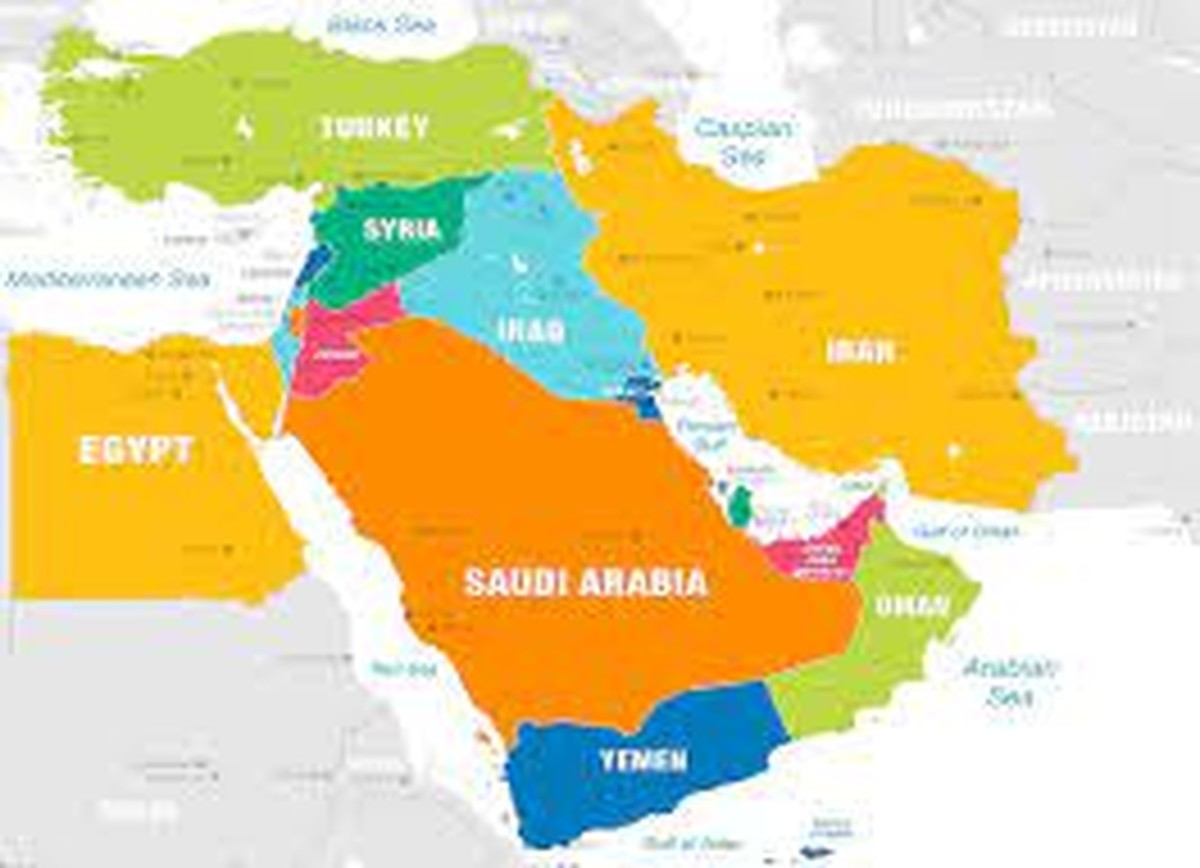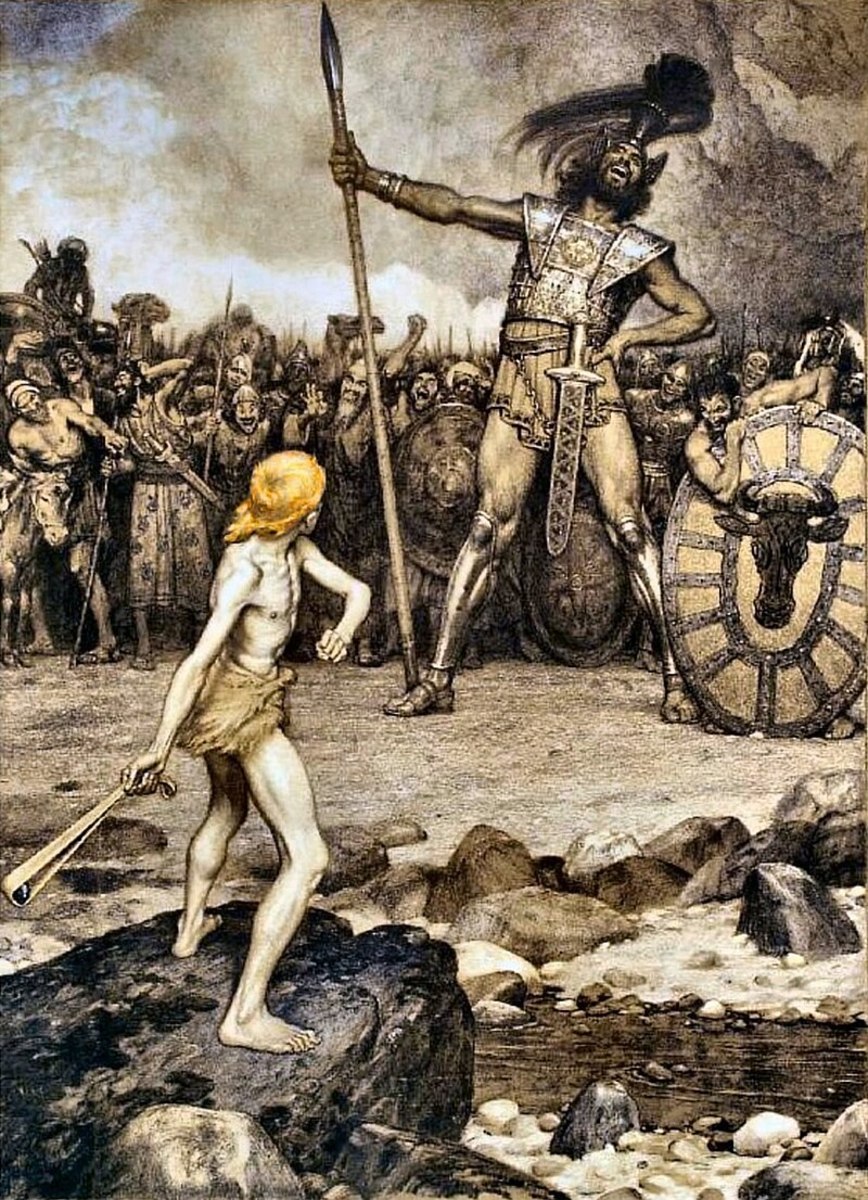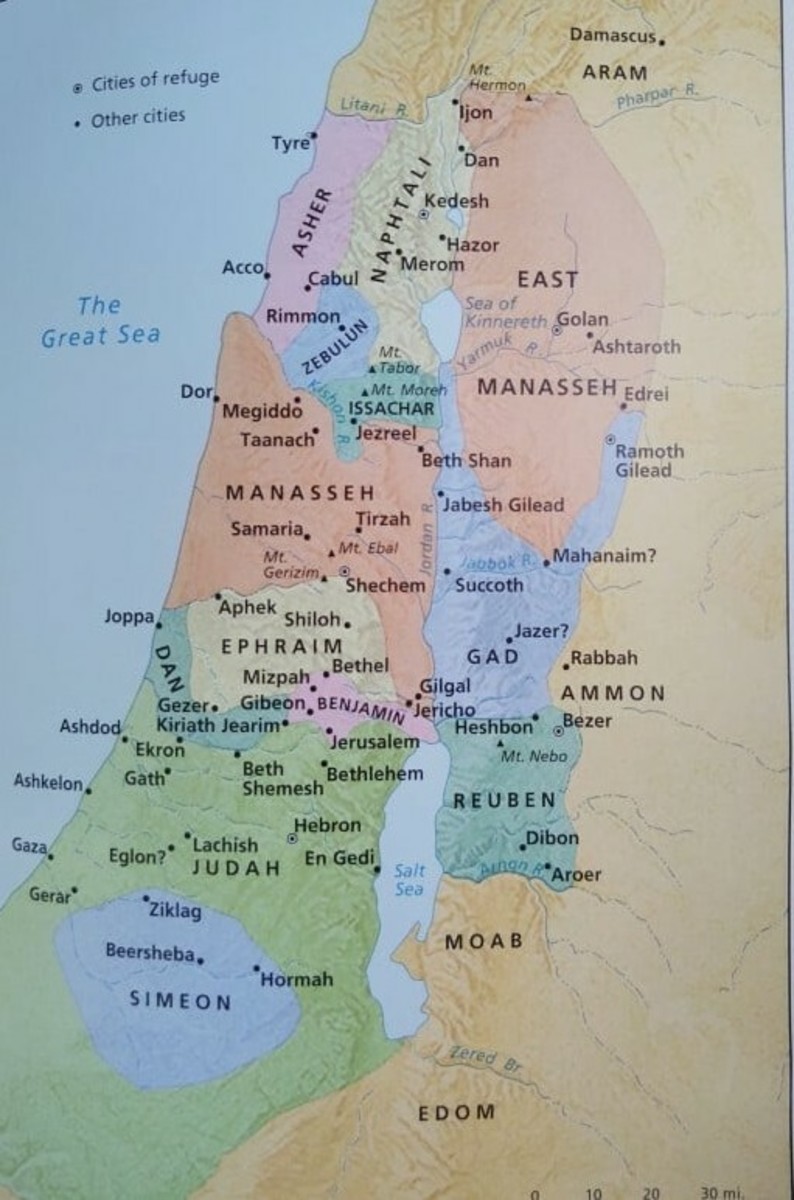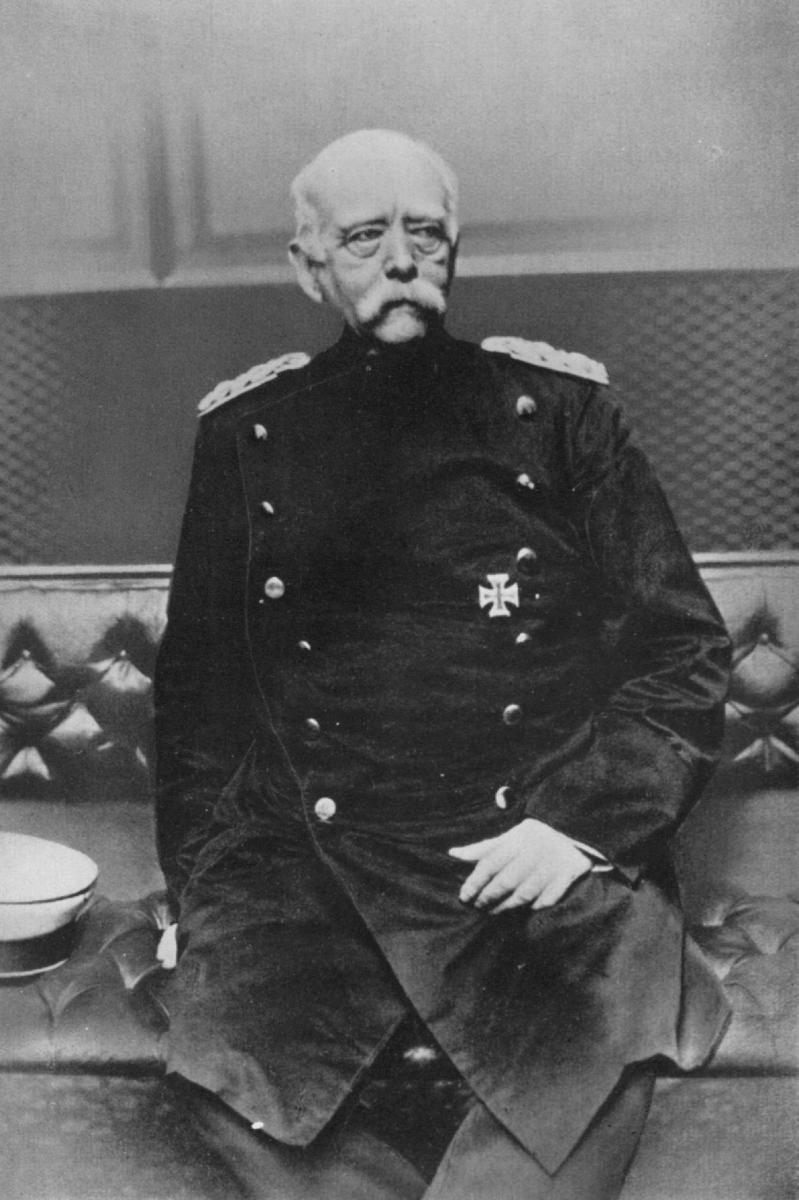The Israeli-Palestinian Conflict - Can a "two-state" solution end decades of fighting?
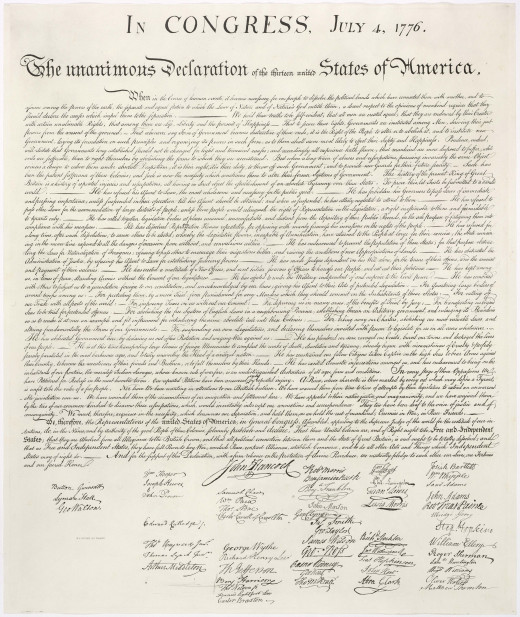
Founding Principles
I am an American and a Christian. Perhaps these two declarations alone are enough to discredit my opinion among some people who may read this, but I beg you to let go of any preconceived notions that you may have about my heritage or my religion.
I think for myself, and I don’t trust my own US government any more than I trust that of the UK, Israel or any other country. In fact, I’m not even sure if I trust anyone fully. After all, trust is something that is earned, not given. No one I know is completely honest about everything. Heck, sometimes we even lie to ourselves.
I also believe that God is just, and I believe that all have sinned and fall short of the glory of God. This includes my pastor, and the deacons of the church. I am also a firm believer in freedom and I am a patriot who strongly believes in the principles my country was founded on in 1776. I don’t believe every lie my government tells me, and I don’t support every decision my country makes. I believe that all people are created equal, and that our unalienable rights are endowed by God, not by government. I believe that governments are instituted among men, and they derive their just powers from the consent of the governed. And most importantly, I believe that it is the right of the People to abolish their government and to institute a new one if it becomes destructive of these principles.
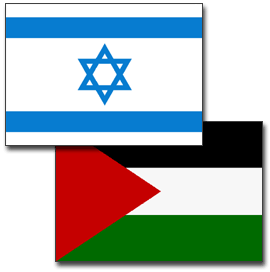
The Right To Exist
In many ways, a Palestinian being persecuted by the Israeli government is not all that different from a British subject living in New York or Philadelphia in 1776 being persecuted by King George of Great Britain. I believe they have the right to stand up and protest, even to the point of taking up arms against their Israeli oppressors.
Surprised? You shouldn’t be. I think most Americans would probably agree with me once they consider these basic principles and apply them to the Middle East conflict. But most Americans don’t have all the facts. You see, we rely on biased news organizations for our information, and we can’t trust the news. It is full of propaganda from both sides, and it is difficult to filter out what is real from what is false. It is difficult to hear the truth and facts among the lies and half-truths. Often what is NOT being reported at all is the most important news we never hear. Additionally it is accidental misinformation that spreads as truth, even with the best of intentions. When it comes to the Israeli-Palestinian questions, most Americans are simply uninformed or misinformed. In fact, I've spent considerable time researching this, looking for multiple sources, and I feel pretty comfortable that everything I am about to tell you is for the most part, accurate. But, do your own research and make up your own mind after he see the facts.
History of the Middle East
The conflicts in the Middle East are constantly in the news, and the latest conflict between Israel and Palestine is a hotbed topic on the internet these days. But the problems in this region predate the internet by about 4,500 years. To truly understand the Israeli-Palestinian Conflict, you must understand the history of the entire Middle East region. Before continuing, please read the following and take the time to examine each map. Take a few minutes and catch up on about 4,500 years of history, or if you prefer an abbreviated version, just watch the You Tube video that shows the major empires that controlled the region.
- 40 Maps That Explain The Middle East
Maps can be a powerful tool for understanding the world, particularly the Middle East, a place in many ways shaped by changing political borders and demographics. Here are 40 maps crucial for understanding the Middle East.
Ok, now you should have a sense of what this region has undergone over the last few thousand years. It is the center of the world, and quite possibly the origin of human civilization itself. It is the origin of Islam, Judaism and Christianity. It is the homeland of Moses, Jacob, David, Mohammed, and Jesus Christ himself. It once was home to the ancient cities of Babylon, Nineveh, Ur, Kish, Jericho, Canaan, Antioch, Samaria and Jerusalem. It has been conquered many times over. Centuries past have seen countless billions that lived in the region, many who fought there and died there.
If you looked at the all the maps at the link above and watched the video clip then you know that at the beginning of the 1900’s, the land that now makes up the nation of Israel was part of the Ottoman Empire. But since World War I, the Ottoman Empire disintegrated and was replaced by countless smaller countries under primarily British rule. If you aren’t well versed on World War I history (Don’t feel bad… neither was I), take a moment to recap with the short video below and review the expansive Wikipedia article on the "Great War" at the link below.
- World War I - Wikipedia, the free encyclopedia
World War I (WWI or WW1 or World War One), also known as the First World War or the Great War, was a global war centered in Europe that began on 28 July 1914 and lasted until 11 November 1918.
World War I Video Summary
What is Palestine?
After reviewing all of the history of the region, did you happen to notice that there wasn't much mention of Palestine? So what exactly is Palestine, where was it, and why doesn't it appear on any of the maps?
The answer is elusive until you understand that there is not, and there never has been a Palestinian state. In fact the term Palestine was derived from the name the Roman Empire gave to the region when the began referring to it as "Syria Palaestina". As irony has it, this name was actually an incorrect reference to the Biblical Philistine lands that had occupied a nearby area many years before. A similar term also was used by the Byzantine Empire when it referred to the region as "Palaestina Prima". However, at no time in history had there ever existed a formal Palestinian nation.
The following video explains the origins of sinister origins of what we know refer to as Palestine today in much greater detail.
What is Palestine? Who are the Palestinians?
What is Israel?
The Israeli Empire was established around the 11th century BC. There were many other Israeli kingdoms and states throughout the millennia as empires rose and fell in the Middle East. However the modern state of Israel is a very recently established nation. The Jewish people had scattered all over the world. At the end of World War I, antisemitism was running rampant in Europe and the Jews needed a place to go.
At the end of World War I, The British Mandate then made it possible for Jews to return to their traditional native homeland through the Balfour Declaration in 1917. The League of Nations established the "Mandate for Palestine" in 1922. This mandate would have created a Palestinian state that consists of the area now occupied by Israel and Jordan. The next video explains this in much greater detail, and brings you to up to speed on how we came to have the present day borders of Israel, the Gaza Strip and the West Bank.
History of the Middle East Conflict in 11 Minutes
Do you think a two-state solution can work for Israel and Palestinians?
Conclusion
History has shown that Palestinians are not interested in securing their own state as much as they are interested in eliminating the state of Israel. It is for this reason that I believe a two state solution would NEVER EVER work. There will NEVER be a Palestine as long as Israel is allowed to exist.
This problem presents a great challenge to a freedom loving Constitutional Conservative like me. I believe in freedom. I believe in everyone's right to exist, and their right to choose their government. But the Palestinian people seem hell bent on ensuring that they never get what they claim to want the most because no matter what is offered to them, it is never good enough.
Palestinians have made demands over the years on Israel, and lately they want to return to the 1967 borders, where many Israelis now live having expanded into those zones. Yet, Palestinians have never demanded the same of Jordan or Egypt, even when they occupied those very same regions of the map.
Many Arab states are sympathetic to the Palestinian cause, but no Arab state has ever offered to take them in or establish a Palestinian state. In fact, many Arab countries have attacked or threatened to attack Israel. Even when a coalition of allied forces attacked Iraq to eject them from Kuwait and liberate that county, Iraq responded by firing scud missiles at Israel who never fired a shot in the entire conflict relying instead on US Patriot missiles to protect their people.
There is a deep-seated hatred of the Jews among Palestinians, and the following video gives one explanation of why a two state solution may never be possible to resolve the Israeli-Palestinian Conflict.

Roadmap for Peace
The challenges that Israelis and Palestinians face are tough, but many of them are created by the unwillingness of the Palestinians to relent in their hatred of the Jews. Israel has shown great restraint over the years, but after decades of persecution often they do respond harshly, which only feeds deeper into the propaganda machine that is the Palestinian movement. But as a people struggling to survive, the Israelis are growing weary of this war on their existence, and because they are only human, they are beginning to become more aggressive and more intolerant of the constant attacks against them. Even though the Palestinians deserve the same freedoms that the Israelis have, and both Peoples have the right to exist, the only question that seems to go unanswered is where to exist. For the Palestinians, this seems to be the problem that can't be solved because they can't agree with Israel, and no Arab state will have them.
After reading this article you may feel compelled to stand with one side or the other, or perhaps even both to some degree. If you choose to stand with Israel, I contend that you stand with the more righteous of the two Peoples. If you choose to stand with the Palestinians, you still can't be faulted for having sympathy and pity on these poor people, especially their innocent children who all too often are caught in the crossfire, the most tragic victims of the conflict.
Regardless of who you choose to stand with, this conflict will never end until Israel and Palestine can stand together side by side in peace. To quote Golba Meir, former Prime Minister of Israel, "Peace will come when Arabs will love their children more than they hate us."
© 2014 Dave Wright

